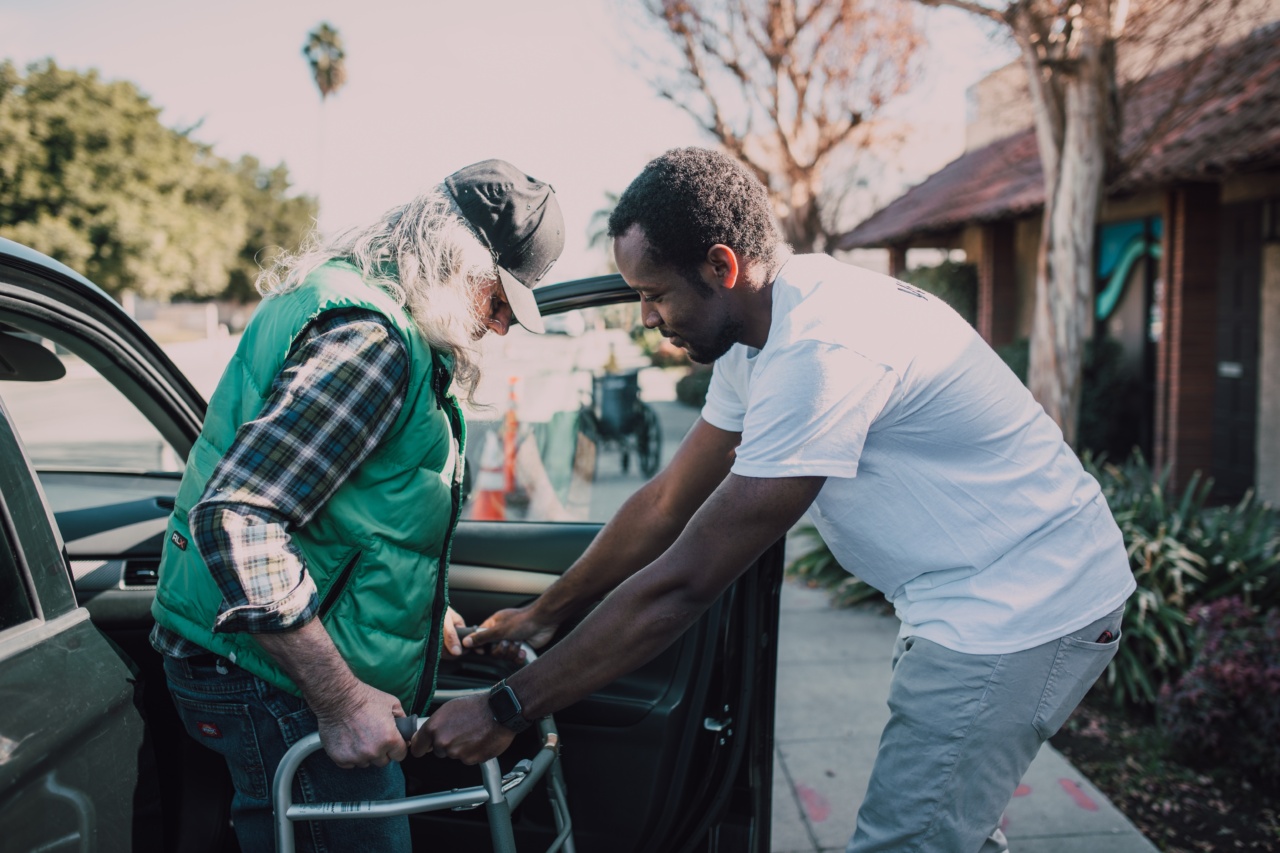Volunteering is an act of giving your time, skills, and resources to a cause or community without expecting anything in return.
It is a selfless act that not only benefits the recipient of your service, but also provides great benefits to the volunteer themselves. In fact, studies have shown that volunteering can help you live longer. Here are some of the reasons why.
Lower Stress and Anxiety
Volunteering can help to lower stress and anxiety levels. When you volunteer, you have the opportunity to engage in meaningful activities that help to take your mind off of your own problems and worries.
Studies have shown that individuals who volunteer have lower levels of stress than those who do not. When we feel stressed, our bodies release cortisol, a hormone that causes inflammation throughout our bodies, which can lead to a variety of health problems including heart disease, cancer, and diabetes.
By lowering our stress levels through volunteering, we can reduce our risk of these types of chronic illnesses.
Improved Mental Health
Volunteering has also been linked to improved mental health. Many people experience a sense of fulfillment and purpose when volunteering, as they are able to contribute to something bigger than themselves.
This can help to combat feelings of loneliness, depression, and anxiety. In fact, studies have shown that volunteering can reduce symptoms of depression by up to 30%. Additionally, volunteering can help to reduce the risk of developing dementia, as it keeps your brain active and engaged.
Increased Social Connections
Volunteering is a great way to meet new people and make new friends. When you volunteer, you are surrounded by like-minded individuals who share your passion for a particular cause or community.
This can help to build strong and meaningful social connections that can last a lifetime. Social connections have been linked to increased feelings of happiness and well-being, as well as a reduced risk of developing chronic illnesses such as heart disease and diabetes.
Physical Health Benefits
Volunteering can also provide physical health benefits. Many volunteer opportunities require physical activities such as gardening, cleaning up parks and beaches, or helping to build houses.
These types of activities can help to keep your body active and engaged, which can help to reduce your risk of developing chronic illnesses such as obesity, heart disease, and diabetes. Additionally, volunteering has been linked to a longer lifespan, as it helps to promote healthy aging.
Increased Sense of Purpose
Volunteering can also give you a sense of purpose and direction in life. By volunteering, you are able to contribute to a cause or community that you are passionate about, which can give you a sense of fulfillment and satisfaction.
Having a sense of purpose in life has been linked to increased feelings of happiness and well-being, as well as a reduced risk of developing chronic illnesses such as heart disease and diabetes.
Increased Learning Opportunities
Volunteering can also provide you with opportunities to learn new skills and gain new experiences.
Many volunteer opportunities require specific skills or knowledge, which can help to expand your knowledge base and make you more marketable in the job market. Additionally, volunteering can help to build leadership skills, time management skills, and communication skills, which are all highly valued by employers.
Increased Civic Engagement
Volunteering can also help to promote civic engagement and social responsibility. When you volunteer, you are taking an active role in your community and contributing to its betterment.
This can help to build stronger and more cohesive communities, as well as encourage others to get involved and do the same.
Increased Empathy and Compassion
Volunteering can help to increase your empathy and compassion towards others. When you volunteer, you are exposed to the challenges and struggles that others are facing, which can help to build empathy and compassion for their situation.
This can help to build stronger and more meaningful relationships with others, as well as promote a more caring and compassionate society.
Conclusion
Volunteering is an act of kindness that not only benefits the recipient of your service, but also provides great benefits to you as the volunteer.
By engaging in meaningful activities that make a positive impact in the world around you, you can lower your stress levels, improve your mental and physical health, increase your social connections, and gain a greater sense of purpose in life. Additionally, volunteering can provide a host of learning opportunities, promote civic engagement, increase empathy and compassion towards others, and even help you live longer. So, why not give it a try?.































